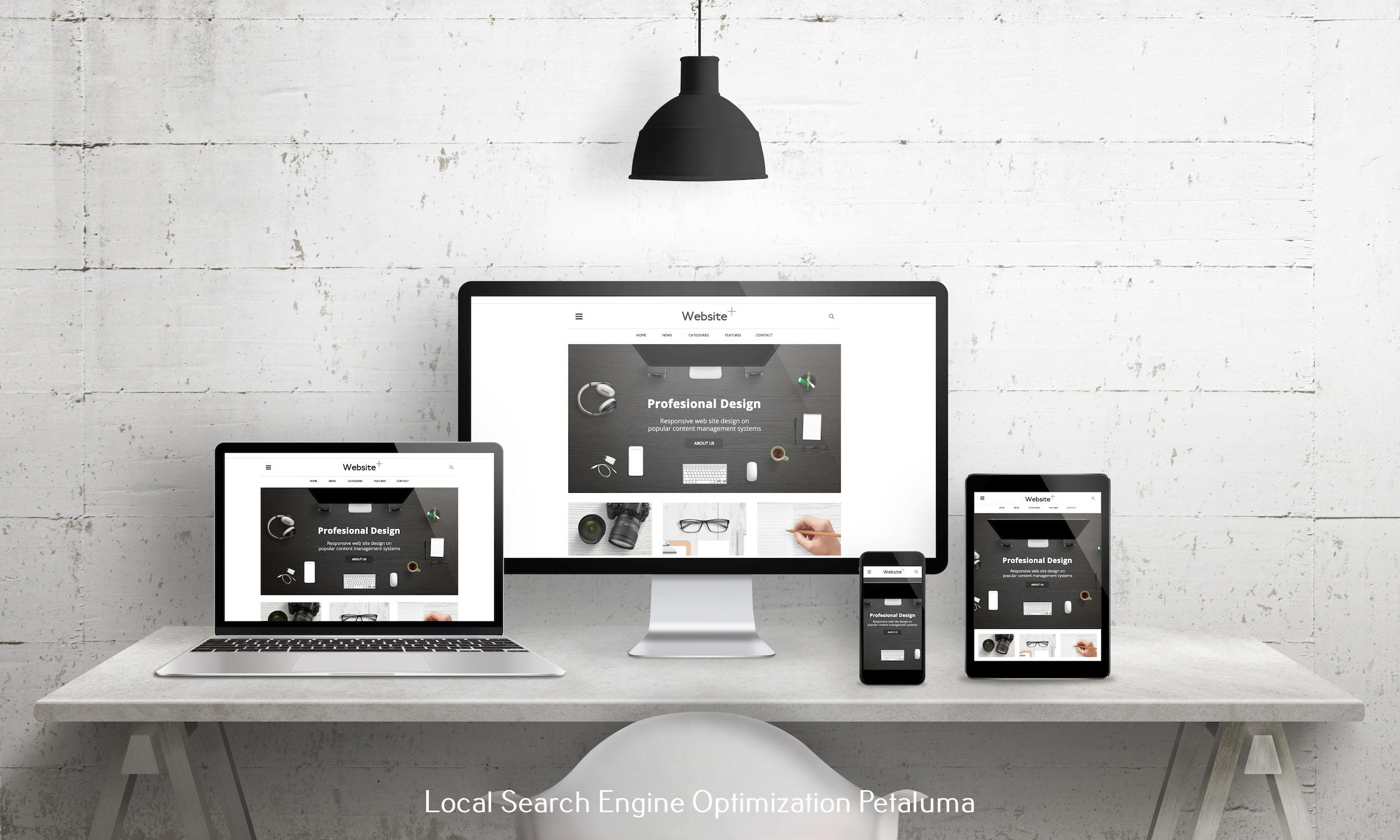Header tags may seem like a small and insignificant part of your website's design, but they can actually play a significant role in enhancing your on-page SEO. In this article, we'll discuss what header tags are, why they're important for SEO, and how you can use them to improve your website's search engine rankings.
What Are Header Tags?
Header tags are HTML elements that are used to define headings and subheadings within a webpage. They range from H1 (the most important heading) to H6 (the least important heading) and are usually displayed in larger or bolder fonts compared to the regular text on the page.
Why Are Header Tags Important for SEO?
Header tags are important for both user experience and search engine optimization. From a user's perspective, header tags provide structure and organization to a webpage, making it easier to read and understand. This can lead to longer dwell times on your site, which is one of the factors that search engines consider when ranking websites.
From an SEO standpoint, header tags help search engines understand the content on your page. They serve as clues for search engines to determine what your page is about and what information it contains. This is especially crucial for websites with a lot of content because it helps search engines crawl and index the pages more efficiently.
How Do Header Tags Impact SEO?
As mentioned earlier, header tags provide structure and organization to a webpage, making it easier for both users and search engines to navigate through the content. But aside from that, they also impact SEO in other ways.
Firstly, using keywords in your header tags can give a signal to search engines about the main topics discussed on your page. For example, if you have an H1 tag that says “Digital Marketing Services,” it tells Google that this page is about digital marketing services. However, be careful not to overdo it by stuffing too many keywords into one tag as this can be seen as spammy and may actually harm your SEO efforts.
Secondly, header tags can also help with the internal linking structure of a website. When you use header tags, it creates a hierarchy on your page, with the H1 tag being the most important heading and the subsequent tags being less important. This allows you to link to other pages on your site using relevant anchor text, which can improve the overall user experience and boost your SEO.
How to Use Header Tags for On-Page SEO
Now that we know why header tags are important for SEO, let's discuss how you can use them effectively on your website.
1. Use One H1 Tag per Page
Think of the H1 tag as the title of a book – it should accurately describe what the page is about in just a few words. It's also recommended to only use one H1 tag per page as this avoids confusion for both users and search engines. However, if you have long-form content with multiple sections, using additional H1 tags for each section is acceptable.
2. Include Keywords in Your Header Tags
As mentioned earlier, including keywords in your header tags can give search engines an idea of what your page is about. Just make sure that they are relevant and used naturally within the context of your content.
3. Use Subheadings (H2-H6) to Organize Your Content
Subheadings not only break up large chunks of text but also provide an opportunity to incorporate more keywords into your content without making it sound unnatural or spammy. They also make it easier for users to skim through your content and find what they're looking for quickly.
4. Keep Them Short and Sweet
Header tags are meant to be concise and descriptive – they shouldn't be long paragraphs or sentences. Ideally, they should be around 20-70 characters long so that they don't get cut off in search engine results pages (SERPs) or on mobile devices.
5. Use Header Tags Consistently
Consistency is key when it comes to using header tags for SEO. Make sure to use them on all your pages and keep the formatting consistent throughout your website. This not only helps with organization but also makes your site more user-friendly.
In Conclusion
Header tags may seem like a small detail, but they can have a big impact on your website's SEO. By using them correctly, you can improve the structure of your content, make it easier for search engines to understand and index your pages, and ultimately boost your search engine rankings. So don't overlook the importance of header tags in your digital marketing strategy and start incorporating them into your website today!






































0 Comments